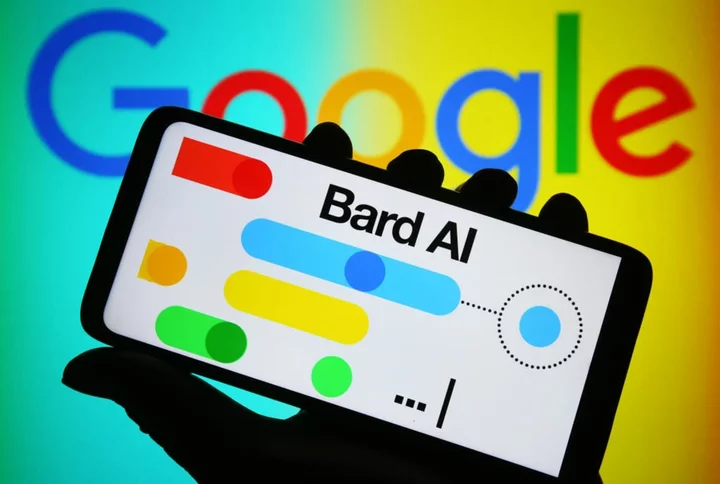On Thursday, Google added new languages and features to its AI chatbot Bard.
Bard now supports 40 languages including Arabic, Chinese, German, Hindi, and Spanish as well as new ways of customizing responses. As of today, Bard is also available in Brazil and Europe.
At Google I/O in May, the ChatGPT and Bing rival was made available to public. The tech giant has been locked in a fast-paced competition with OpenAI, Microsoft, and now Anthropic to develop generative AI tools for consumers and businesses.
SEE ALSO: ChatGPT vs Bing vs Bard: You can pick the best in this chatbot arenaNow, when you chat with Bard, you can listen to the response in order to hear correct pronunciation by clicking on the sound icon. You can also customize Bard's responses to make it simpler, longer, shorter, more professional, or more casual. Response customization is only available in English for now, but will eventually expand to more languages. Google also announced the ability to pin, edit, or revisit previous chats and export them via shareable links.
Via Giphy(opens in a new tab)Large language models have come under increasing scrutiny because of the personal web they scrape from the web to train the models. A class-action lawsuit was filed against OpenAI alleging the company used "stolen" personal data. Google also recently updated its AI privacy policy, saying it uses publicly-available data for training Bard.
In the announcement, Google briefly mentioned its commitment to AI principles, which guides ethical and responsible deployment of the technology, but didn't go into specifics.









